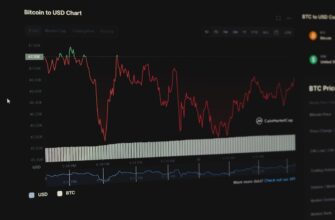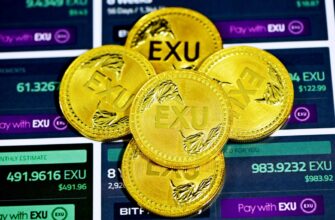- What Are ETH Airdrops and Why They Matter
- How ETH Airdrops Work with Coinbase
- 5 Steps to Position Yourself for ETH Airdrops
- Claiming and Converting Airdrops via Coinbase
- Critical Security Precautions
- Tax Implications of ETH Airdrops
- Frequently Asked Questions (FAQ)
- Q: Does Coinbase give free ETH airdrops?
- Q: Can I get airdrops with ETH in my Coinbase account?
- Q: How do I know if an ETH airdrop is legitimate?
- Q: What’s the minimum ETH needed for airdrops?
- Q: Are there upcoming ETH airdrops I should watch?
- Q: How long until I can trade airdrops on Coinbase?
What Are ETH Airdrops and Why They Matter
ETH airdrops refer to free distributions of cryptocurrency tokens built on the Ethereum blockchain. Projects use these giveaways to boost adoption, reward early supporters, or decentralize token ownership. While Coinbase doesn’t directly issue ETH airdrops, it plays a crucial role as a trading platform where you can exchange airdropped ERC-20 tokens for ETH or cash. Understanding this ecosystem is key to capitalizing on these opportunities.
How ETH Airdrops Work with Coinbase
Coinbase serves as the bridge between airdrops and liquidity. Here’s the typical flow:
- You receive tokens via an Ethereum airdrop into your personal wallet (e.g., MetaMask)
- The project’s token gets listed on Coinbase (check their listing tracker)
- You transfer tokens from your wallet to Coinbase
- Trade them instantly for ETH, USD, or other cryptocurrencies
Note: Coinbase custodial wallets rarely qualify for direct airdrops – self-custody is essential.
5 Steps to Position Yourself for ETH Airdrops
Maximize eligibility with these proactive strategies:
- Use Non-Custodial Wallets: Store ETH in MetaMask, Trust Wallet, or Coinbase Wallet (not the exchange)
- Engage with DeFi Protocols: Interact with platforms like Uniswap, Aave, or Compound – activity often triggers eligibility
- Participate in Governance: Vote using governance tokens in DAOs
- Complete Testnet Tasks: Help projects test networks for potential rewards
- Monitor Airdrop Aggregators: Track sites like Airdrops.io and CoinMarketCap’s airdrop section
Claiming and Converting Airdrops via Coinbase
When you receive an airdrop:
- Verify token legitimacy through the project’s official channels
- Claim tokens via the project’s portal (may require gas fees in ETH)
- Check if the token is listed on Coinbase
- Transfer tokens to your Coinbase ERC-20 deposit address
- Trade for ETH instantly using Coinbase’s exchange interface
Critical Security Precautions
Avoid scams with these rules:
- ❌ NEVER share seed phrases or private keys
- ❌ Ignore “ETH airdrop” direct messages – they’re 99% scams
- ✅ Bookmark official project websites to avoid phishing
- ✅ Use dedicated airdrop wallets with minimal funds
- ✅ Verify contract addresses on Etherscan before claiming
Tax Implications of ETH Airdrops
In most jurisdictions:
- Airdropped tokens count as taxable income at fair market value upon receipt
- Trading tokens on Coinbase triggers capital gains/losses
- Keep records of receipt dates, values, and transaction hashes
- Consult a crypto tax professional for compliance
Frequently Asked Questions (FAQ)
Q: Does Coinbase give free ETH airdrops?
A: No. Coinbase doesn’t distribute ETH airdrops. You earn them through Ethereum ecosystem participation, then trade tokens via Coinbase.
Q: Can I get airdrops with ETH in my Coinbase account?
A: Extremely unlikely. Airdrops target self-custodied wallets, not exchange custodial accounts.
Q: How do I know if an ETH airdrop is legitimate?
A: Cross-check announcements from the project’s official Twitter, Discord, and GitHub. Never trust unsolicited links.
Q: What’s the minimum ETH needed for airdrops?
A: No fixed amount, but you’ll need ETH for gas fees (often $10-$50) to claim tokens and transfer to Coinbase.
Q: Are there upcoming ETH airdrops I should watch?
A: Monitor LayerZero, zkSync, and Starknet ecosystems. Always DYOR (Do Your Own Research) before engaging.
Q: How long until I can trade airdrops on Coinbase?
A: It varies. Some tokens list within days; others take months. Track announcements on Coinbase’s asset listing page.








